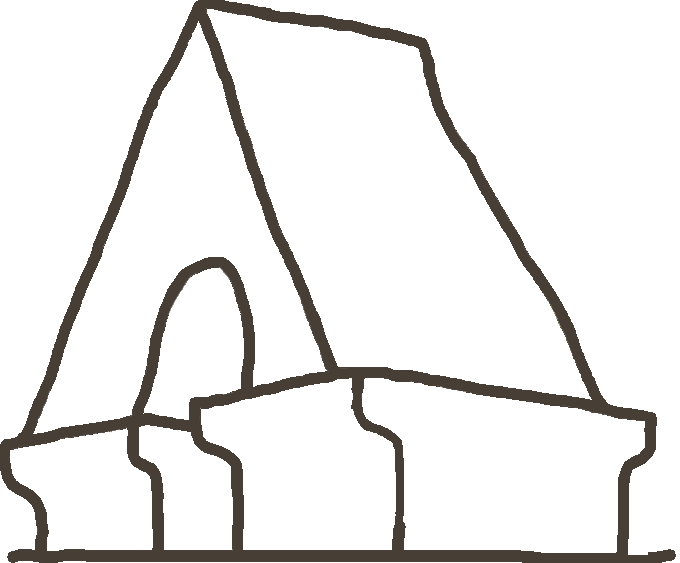The history
The Royal Customs of Apulian Sheep (1447-1806) was an administrative, fiscal, judicial and commercial institution of the Reign of Naples created to rule the groups of shepherds coming from Abruzzi into Apulia during the pasture migration.
The shepherds used to pay a tribute, called fida, according to the number of sheep led to pasture, while the Custom used to assure them sufficient pasture, wide and safe tracks and a certain amount of salt; to the livestock owners and to their staff the institution ensured armed protection on the tracks, in the bakeries, spread all around the lowlands of Apulia, and fixed price for bread, protection near churches and country Inns and above all it ensured to solve all their issues, even private, in the Custom Court.
The Lowland of Apulia (this was the name of the land for pasture) included the Daunia territory, the Land of Bari and the Land of Otranto. It was divided into 23 general locations and 20 additional locations within which there were numerous posts.
Posta Santa Croce was included in one of those locations, the Location of Andria, as it is shown in a map from 1686 kept in the Public Record in Foggia.
Between the end of 1700 and the beginning of 1800 a rural church adjacent to the Posta was included in the building. In 1811 a new church was built, dedicated to the Saint Cross ant to the blessed Pietro d’Alcantara.
In 1856 a small main dwelling was built, strangely embellished by frescos by local painters Santoro father and son. Then the building lost its original function of stage station and was transformed into a farm cottage while one of the former cow-shed was turned into a mill (you can see the ancient millstone outside the building).
In 1952 the cistern crashed because of the heavy rains (all the rainwater from the terrace was gathered in the cistern, thanks to a system of underground ditch). The cistern has been rebuilt and partially returned to its former function.
The building and the surrounding land have belonged to the Consiglio family since the late 1700s.
In a couple of photos taken in 1913 in front of Posta Santa Croce, Armando Perotti can be seen. He was an historian and a poet from Bari very interested in protecting the historic memory of Apulia and we like to think that some of his poems, especially those dedicated to the months of the year, have been inspired by the landscape of this charming place. For this reason we keep his works for our guests to read.


